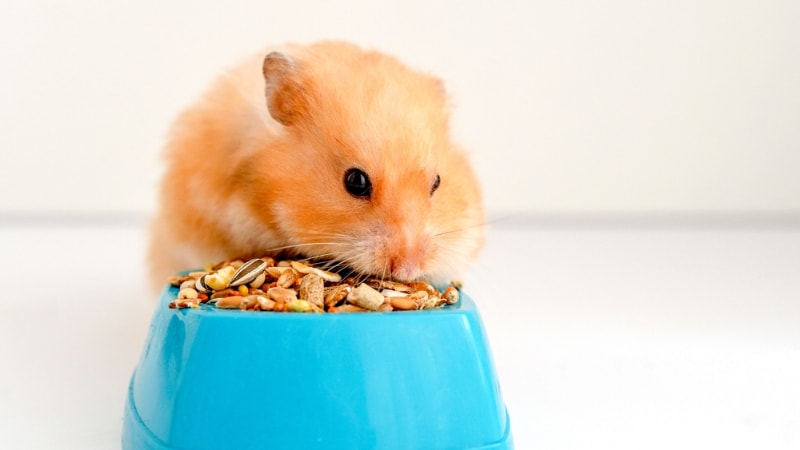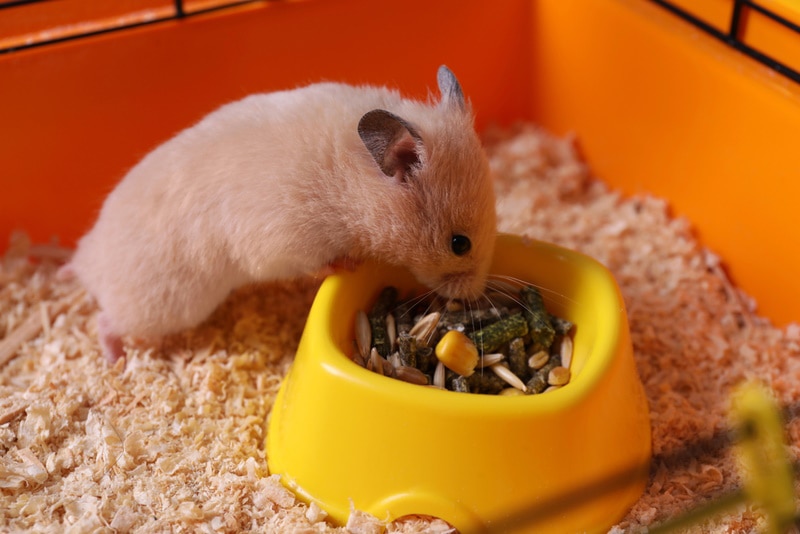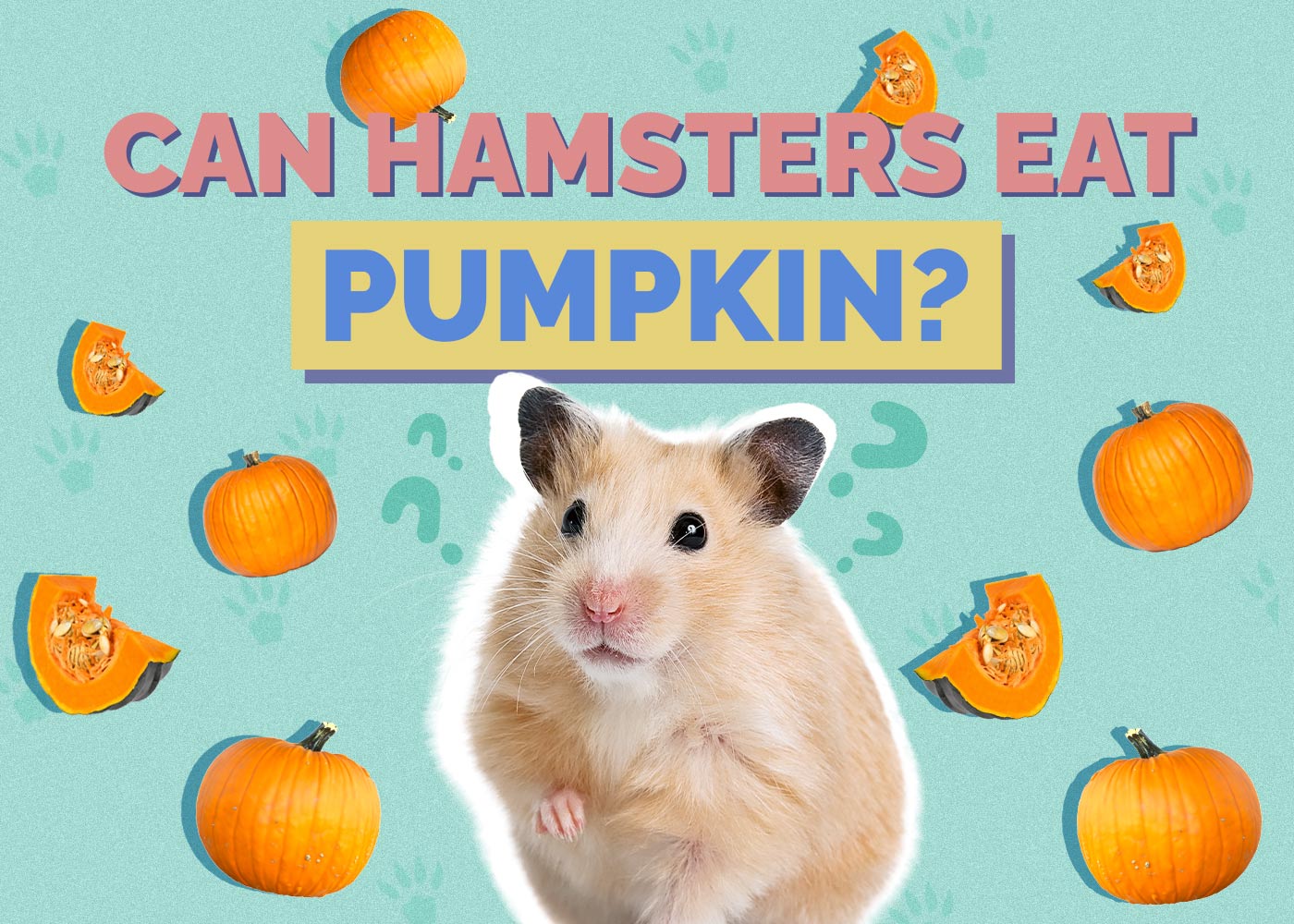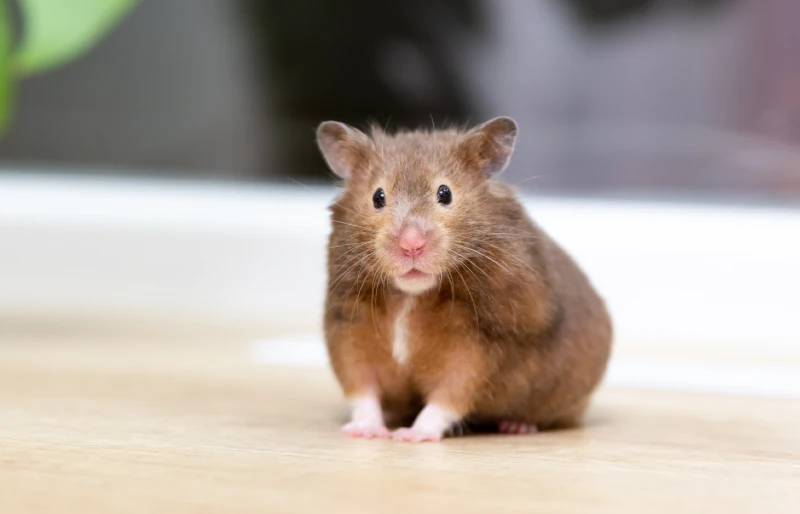Can Hamsters Eat Onions? Vet Approved Facts & FAQ

Updated on

Click to Skip Ahead
Hamsters in the wild are omnivorous, meaning they eat food of both plant and animal origin. They graze on a wild variety of seeds, fruits, nuts and grains, and will even eat insect larvae or larger insects like crickets if the opportunity arises. As pets, however, they thrive on a diet of high-quality commercial pellets, timothy hay and a few vegetables and fruits as treats. A variety of vegetables and fruits (and even the odd bit of cheese or boiled egg) as treats can help with their enrichment and entertainment, but their pellets should be giving them everything they need nutritionally.
Although many root vegetables are fine for them, hamsters should never eat onions. They might be packed with nutrients that make them a healthy option for humans, but they aren’t suitable for your hamster. So, let’s look at why and what you can feed your hamster instead!
Why Are Onions Unsuitable for Hamsters?
Any plant from the Allium genus may be toxic to hamsters. Dogs and cats are highly susceptible to onion toxicosis. Other species, particularly cows and pigs have also been shown to be affected.1 There is very little research into onion toxicity in small mammals such as hamsters, so we must err on the side of caution and assume that Allium species should be avoided in hamsters too. Plants included in this genus are:
- Chives
- Garlic
- Leeks
- Onions
- Shallots
Onions contain a large number of compounds known as organosulfoxides which are readily absorbed across the gastrointestinal tract and metabolized to highly reactive oxidants. These oxidants overwhelm the antioxidant pathways (which are low in dogs and cats) and therefore go on to oxidize hemoglobin within the red blood cells. This oxidation of hemoglobin increases the fragility of the red blood cells leading to their breakdown, with severe anemia being the outcome. This is known as hemolytic anemia.
We don’t know if the process is the same in small rodents, like hamsters, but until we know for certain, avoiding any Allium species in your hamster’s diet is recommended.

What Can Hamsters Eat?
As mentioned above, wild hamsters are omnivores, and they eat a wide variety of plants and grains, and the occasional insect for protein. However, pet hamsters live off a mix of pellets, hay, seeds, fresh food, and an occasional protein-rich treat.
Most of a pet hamster’s diet will be high-quality, store-bought pellets that should be explicitly made for hamsters. Getting your pet’s diet right can be challenging to navigate, especially if this is the first time you’ve owned a hamster.
Pellet Food and Seed Mixes
Pelleted hamster food provides a nutritionally balanced meal and is formulated to meet your hamster’s dietary needs. Pellets come in various shapes, but generally, they look like small cereal clusters or biscuits. Since each morsel is the same size, it keeps your hamster from being picky and only eating the bits they enjoy the most while discarding the rest, which is what they do with seed and muesli mixes.
However, it can be a little monotonous only to consume pellets, and some hamsters might get bored and refuse to eat. To prevent this from happening, you can introduce other foods for variety, such as small amounts of safe, fresh vegetables, the occasional high-protein snack like a mealworm or a piece of boiled egg, and even some delicious fruit (more on this below).

Fresh Food
Hamsters love fresh fruit and vegetables and can benefit from them. Ensure you thoroughly wash the veggies or fruit and remove all uneaten food so it doesn’t rot.
Some of the best foods you can give your hamster include carrots, peas, cauliflower, kale, pepper, Swiss chard, and dandelion greens.
They will also appreciate melons, berries, apples, grapes, and bananas. Make sure you only feed fruit in very small amounts and infrequently as too much fruit can result in digestive problems and your hammy putting on weight. Additionally, avoid dried fruit and vegetables since they are typically much higher in sugar than the fresh variety.
Frequently Asked Questions (FAQ)
What Should You Do if Your Hamster Eats Onion?
It’s harder for your hamster to eat something they shouldn’t, compared to other pets like cats or dogs with better access to harmful foods. However, it isn’t impossible. So, if you accidentally feed your hamster onion, contact your vet as soon as possible. They will be able to tell you what your next steps are.
What Does a Healthy Hamster Diet Look Like?
Your veterinarian can help work out your hamster’s caloric needs, which will be based on their health and size, but most need ⅛–⅓ cup of hamster pellets per day, according to PetMD. A healthy diet should be made up of:
- 75% pellets and seed
- 20% fresh food
- 5% treats
Several hamster foods are available, but if you’re ever stuck with where to start finding the best diet for your hamster, your vet can advise.

What Should You Avoid Feeding a Hamster?
Besides Allium species, you should avoid these fruits, vegetables, and human foods:
- Almonds
- Apple seeds
- Chocolate
- Citrus fruit
- Raw beans
- Raw potatoes
- Raw rhubarb or rhubarb leaves
- Red meat
- Salty or sugary food
- Junk food
- Eggplant
- Uncooked kidney beans
Final Thoughts
Hamsters should never eat onions or any plant from the Allium genus. However, you can serve other healthy vegetables and fruits as a treat. Fresh fruit and vegetables should be offered in moderation, as too much can result in your hamster putting on weight or getting diarrhea.
Most of their diet should be made up of pellets, with good quality hay always on hand. If you need more tips for developing a healthy diet for your hamster, you can contact your vet for the best advice.
Featured Image Credit: Bukhta Yurii, Shutterstock











